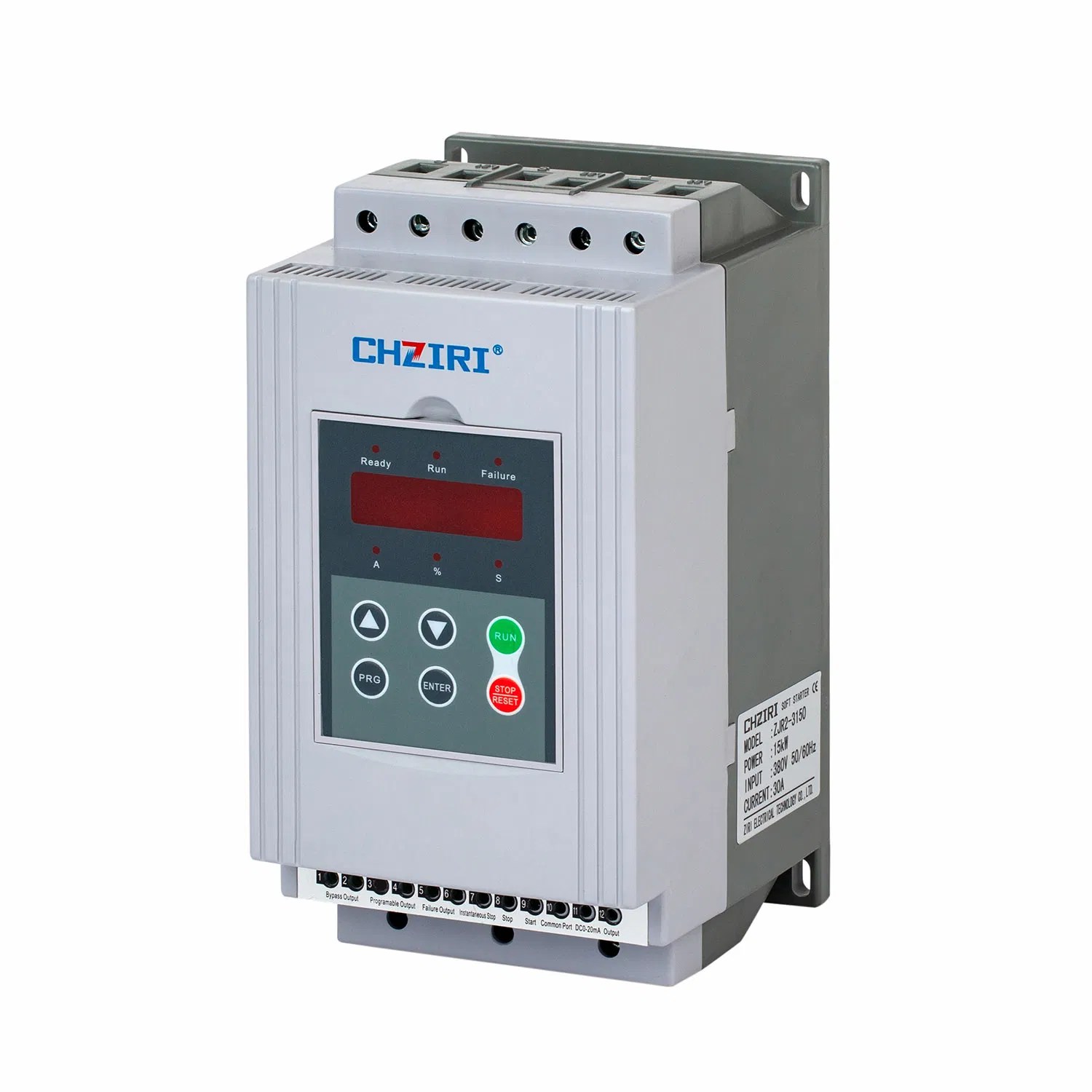Chill Out: Conquer AC Startup Stress with Soft Starters
Ever notice that flicker of the lights when your AC kicks on? Or that sudden jolt of power that makes you wonder if the grid can handle it? That's your air conditioner's compressor demanding a huge surge of electricity to get going. It's not just annoying; it's hard on your AC unit and your power bill. Enter the soft starter for your home AC, a device designed to smooth out that energy surge and make your cooling system purr like a kitten.
A soft starter for home AC, also known as a soft start controller, gradually ramps up the voltage supplied to the compressor motor. This gentler start reduces the mechanical stress on the AC components, extending their lifespan and minimizing those jarring power surges. Imagine a car accelerating smoothly instead of a jerky takeoff – that's what a soft starter does for your AC.
While the concept of soft starting motors has been around for decades, primarily in industrial applications, its adoption in residential AC units is relatively recent. Early versions were bulky and expensive, but technological advancements have led to smaller, more affordable, and more efficient soft starters suitable for home use. The growing awareness of energy conservation and the desire for longer-lasting appliances have further propelled the popularity of AC soft starters.
The primary issue addressed by AC soft starters is the inrush current, the large initial surge of electricity required by the compressor motor. This high current draw can strain your home's electrical system, cause voltage dips, and contribute to premature wear and tear on the AC unit. By mitigating the inrush current, a soft starter protects your AC, reduces energy waste, and improves the overall stability of your home's electrical network.
A soft starter essentially acts as a buffer between your power supply and the AC compressor. It utilizes solid-state electronic components to control the voltage applied to the motor during startup. This controlled voltage ramp-up allows the compressor to reach its operating speed smoothly, without the sudden jolt associated with traditional starting methods.
One major benefit is the reduction in wear and tear on the compressor. The reduced stress during startup translates to a longer lifespan for the compressor, the heart of your AC unit. Fewer breakdowns mean fewer repair bills and a longer-lasting cooling system.
Another advantage is energy savings. While the savings might not be dramatic, reducing the inrush current does contribute to lower overall energy consumption, which can positively impact your utility bills over time. Think of it as small savings that add up, especially during peak cooling seasons.
Finally, a soft starter minimizes voltage fluctuations in your home. Those annoying dips in power when the AC kicks on can affect sensitive electronics and appliances. A soft starter smooths out those fluctuations, protecting your electronics and providing a more stable power supply.
Advantages and Disadvantages of Soft Starters for Home AC
| Advantages | Disadvantages |
|---|---|
| Increased AC lifespan | Initial cost |
| Energy savings | Complexity of installation (for some models) |
| Reduced voltage fluctuations | Potential compatibility issues with older AC units |
Best Practices for Implementing a Soft Starter for Home AC:
1. Consult a qualified HVAC technician: Ensure compatibility with your existing AC unit and proper installation.
2. Choose the right soft starter size: Select a model appropriate for your AC unit's horsepower rating.
3. Follow manufacturer instructions: Proper installation and configuration are crucial for optimal performance.
4. Regular maintenance: Periodically check the soft starter for any signs of wear or damage.
5. Monitor performance: Observe your AC unit's startup and operation to ensure the soft starter is functioning correctly.
FAQs
1. What is an AC soft starter? - A device that reduces the inrush current to your AC compressor.
2. How does it save energy? - By reducing the initial power surge.
3. Is it difficult to install? - Professional installation is recommended.
4. Will it work with any AC unit? - Compatibility varies, consult a technician.
5. How much does it cost? - Prices vary depending on the model and features.
6. How long do they last? - Several years with proper maintenance.
7. Can I install it myself? - Professional installation is recommended.
8. What are the signs of a failing soft starter? - AC unit struggling to start or increased noise during startup.
In conclusion, a soft starter for your home AC offers a range of benefits, from extending the life of your cooling system to saving energy and protecting your home's electrical network. While there is an initial investment, the long-term advantages of reduced maintenance costs, improved energy efficiency, and a more reliable AC unit make it a worthwhile consideration for any homeowner looking to enhance their cooling system's performance and longevity. By understanding the functionality and benefits of soft starters, homeowners can make informed decisions about upgrading their AC systems for optimal comfort and efficiency. Consulting with a qualified HVAC technician can help determine the best soft starter for your specific AC unit and ensure proper installation for maximum benefit. Invest in your AC's future and your peace of mind with a soft starter.
Tame your drippy shower beast a shower cartridge safari
The fallen unmasking the oathbreaker paladin
Nailing your first impression instagram captions that dont suck














